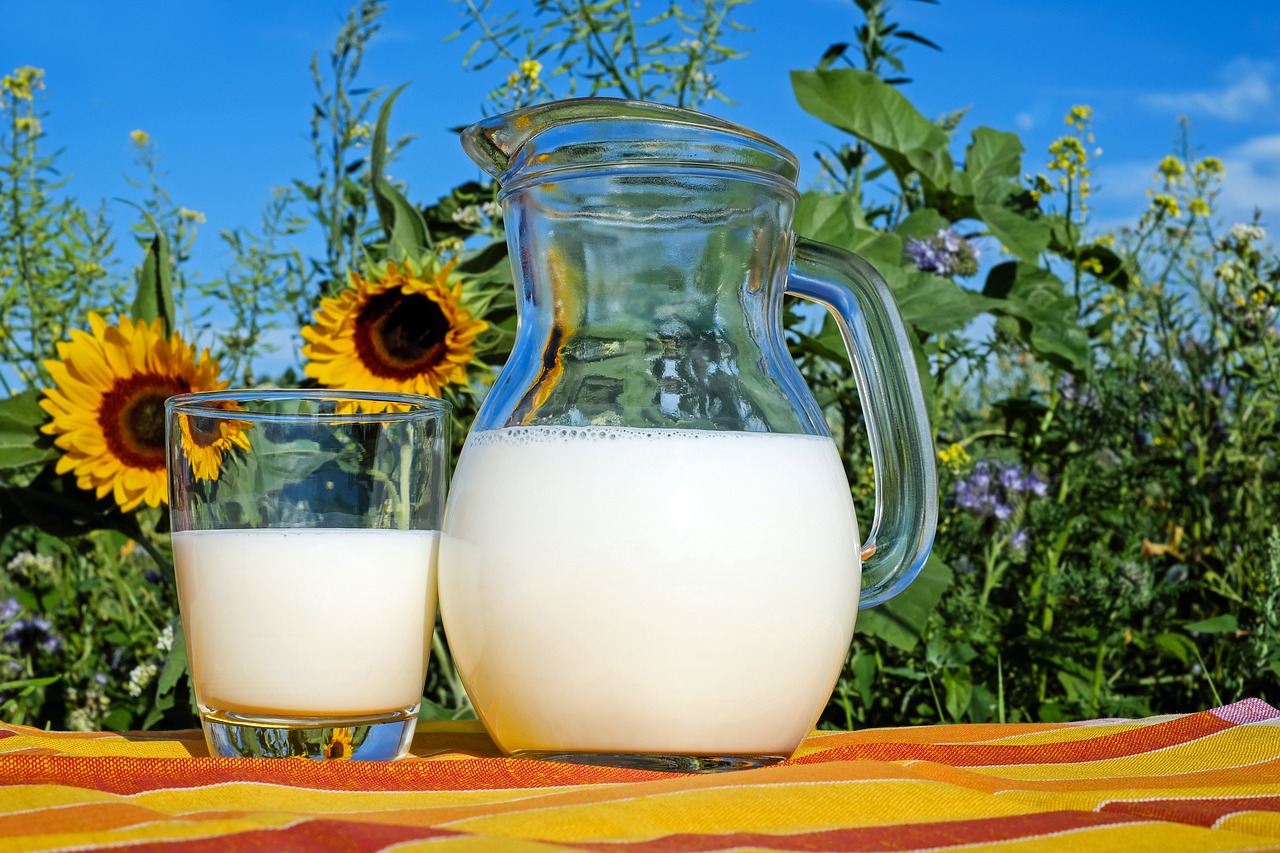Introduction:
Milk is a widely consumed beverage known for its nutritional value and contribution to overall health. However, like any food or drink, milk has both benefits and potential drawbacks. In this article, we will delve into the advantages and disadvantages of drinking milk to help you make informed choices about your dietary preferences.
Benefits of Drinking Milk:
1. Rich in Essential Nutrients:
Milk is a nutrient-dense beverage that provides essential nutrients like calcium, protein, vitamin D, vitamin B12, phosphorus, and potassium. These nutrients play vital roles in supporting bone health, muscle function, immune system function, and overall growth and development.
2. Strong Bones and Teeth:
Milk is a significant source of calcium, which is crucial for building and maintaining strong bones and teeth. Adequate calcium intake throughout life, along with vitamin D, helps reduce the risk of osteoporosis and bone fractures, especially in later years.
3. Muscle Growth and Repair:
The protein content in milk, particularly casein and whey proteins, supports muscle growth, repair, and maintenance. These proteins provide essential amino acids necessary for building and repairing muscle tissues, making milk an excellent choice for athletes, individuals involved in regular physical activity, and those seeking muscle development.
4. Hydration:
Milk contains a high percentage of water, making it a hydrating beverage. Proper hydration is essential for maintaining bodily functions, supporting metabolism, and promoting overall health.
Disadvantages of Drinking Milk:
1. Lactose Intolerance:
Some individuals are lactose intolerant, meaning they lack the enzyme lactase required to break down lactose, the natural sugar found in milk. Consuming milk can cause digestive discomfort, bloating, gas, and diarrhea in lactose-intolerant individuals. Choosing lactose-free or dairy alternatives can be beneficial for them.
2. Allergy to Milk Protein:
A small percentage of the population may have an allergy to milk protein, which can lead to allergic reactions ranging from mild to severe. Symptoms may include hives, swelling, wheezing, digestive issues, and even anaphylaxis in severe cases. Individuals with milk protein allergies should avoid consuming milk and opt for suitable alternatives.
3. High Caloric Content:
Whole milk and full-fat dairy products can be high in calories and saturated fats. Excessive consumption of high-fat milk may contribute to weight gain and increase the risk of certain health conditions, such as heart disease. Choosing lower-fat or non-fat milk options can be a healthier choice for individuals concerned about calorie and fat intake.
Conclusion:
Drinking milk can offer various health benefits due to its rich nutrient profile, including essential vitamins, minerals, and proteins. It supports bone health, muscle growth, and overall nutrition. However, it's important to consider potential disadvantages such as lactose intolerance, milk protein allergies, and the high caloric content of full-fat milk. It's recommended to make individual choices based on personal health needs, preferences, and any specific dietary considerations.
References:
1. National Institutes of Health. (2021). Calcium and Milk: What's Best for Your Bones and Health? https://www.bones.nih.gov/health-info/bone/bone-health/nutrition/calcium-and-milk-whats-best-your-bones-and-health
2. Harvard T.H. Chan School of Public Health. (2021). The Nutrition Source: Milk and Health. https://www.hsph.harvard.edu/nutritionsource/what-should-you-eat/dairy/
3. Mayo Clinic. (2021). Lactose Intolerance. https://www.mayoclinic.org/diseases-conditions/lactose-intolerance/symptoms-causes/syc-20374232
4. National Institute of Diabetes and Digestive and Kidney Diseases. (2020). Lactose Intolerance. https://www.niddk.nih.gov/health-information/digestive-diseases/lactose-intolerance
5. American Academy of Allergy, Asthma & Immunology. (n.d.). Milk Allergy. https://www.aaaai.org/conditions-and-treatments/allergies/milk-allergy
6. U.S. Department of Agriculture. (2019). Dietary Guidelines for Americans. https://www.dietaryguidelines.gov/sites/default/files/2019-05/2015-2020_Dietary_Guidelines.pdf










